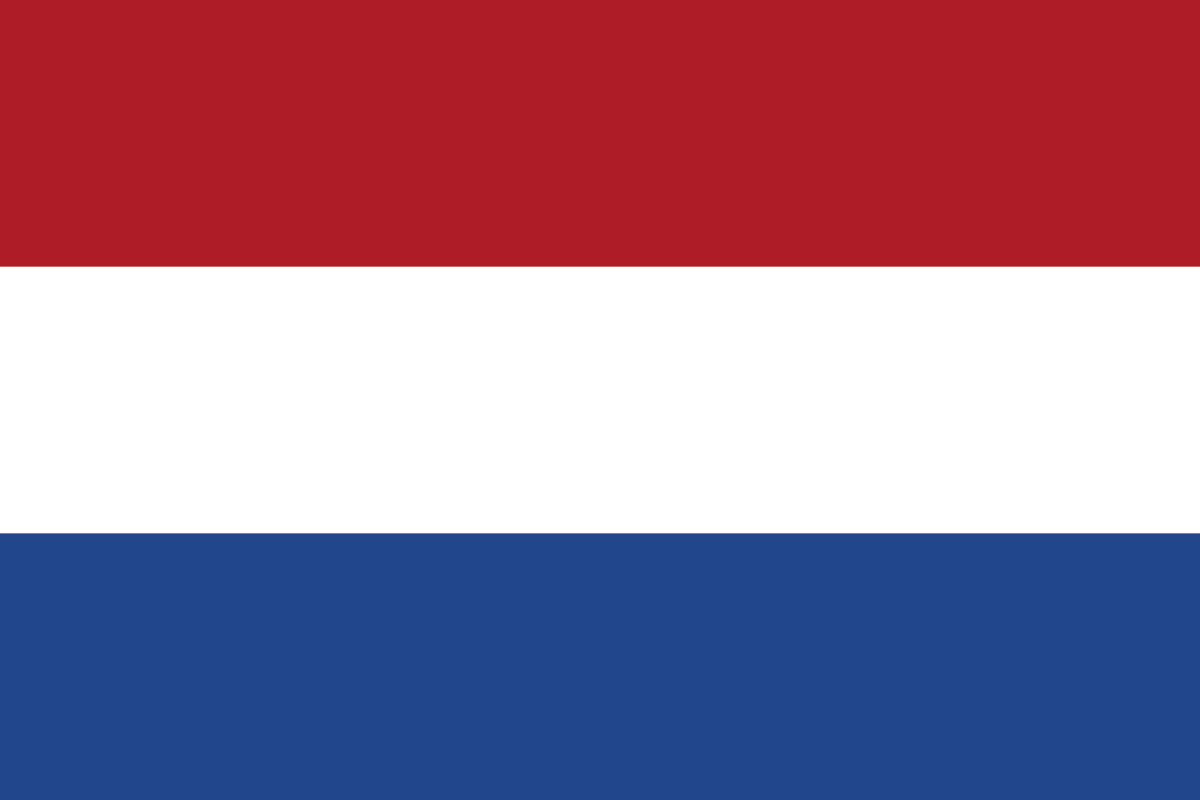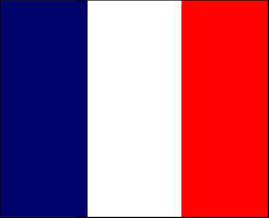Be a five, keep 'em alive! If you're a four you can do more!
As our societies have developed we move through five stages of nutrition.*
Stage one is the one that is often called the hunter gatherer stage and which is characterised by collecting food: it leads to a diet high in carbohydrates and low in fats.
Next comes stage two: early agriculture where famine is common, then stage three receding famine as incomes grow. As incomes rise society transitions to stage four which is characterised by an abundance of (unhealthy) food such as oils, fats,
sugars and animal products and their associated non-communicative degenerative diseases: diabetes, obesity, high blood pressure, strokes, cancer, cardiovascular diseases etc. This is the development stage of most western societies with many asian countries aspiring to reach it.
Stage five is the transition to a healthy, balanced diet which is based on more fruits, vegetables and grains and little or no meat.
The transition to stage five is a behavioural change and it is not supported by society in general which mainly consists of consumers of animal products. Eating animal products is considered the norm and this perception is reinforced in media such as films, literature, magazines, where almost every meal is shown as including animal products. In addition, animal products are big business and a lot of money is spent on advertising to keep people consuming. Thanks to all these positive messages many people are not even aware of the health risks of eating meat and believe that it's vegans and vegetarians who are putting their own health in danger with their strange diet.
One problem with the vegan/vegetarian movement is extremists who look down on people who haven't progressed as far as they have. I don't think that that is fair: some people have more difficulty than others than changing their eating habits, just like some find it more difficult than others to give up smoking. If you live in an environment that is supportive of veganism, it's much easier to become one than if, for example, you work in the meat industry. Every time people don't eat meat, fish, eggs or dairy at a meal, they are contributing to saving animals lives, reducing environmental damage and helping their own health, but these are benefits that are not immediately obvious. In my opinion, those who have made the transition to giving up animal products or who are on the way to doing so deserve some kind of immediate reward for any progress that they make.
Let's say vegans who have transitioned to stage five, consuming no animal products are at level 5. People who have no vegan or vegetarian tendencies are at level 4. They probably eat three meals a day seven days a week, most, if not all of them involving some sort of meat, fish, dairy or egg product. That gives them twenty one opportunities a week to progress towards becoming a "five" by eliminating animal products from a meal. If they eat two vegan meals a week they've progressed about one tenth of the way to becoming a five, so they are now at level 4.1. That's already, on average, saving the lives of about twenty animals per year. Eat vegan four times a week and become a 4.2 and save forty animals per year, etc. The reward is not only immediate, but also provides an incentive to progress.
In my opinion, it saves more lives, animal and human, if lots of people cut down on animal products rather than one person becoming totally vegan. So why not explain to your friends and acquaintances about the nutrition levels and ask them what level they are. Then encourage them to not eat animal products during an extra two meals per week to progress towards becoming a five, keeping 'em alive.
* More info on the five stages can be found here:

